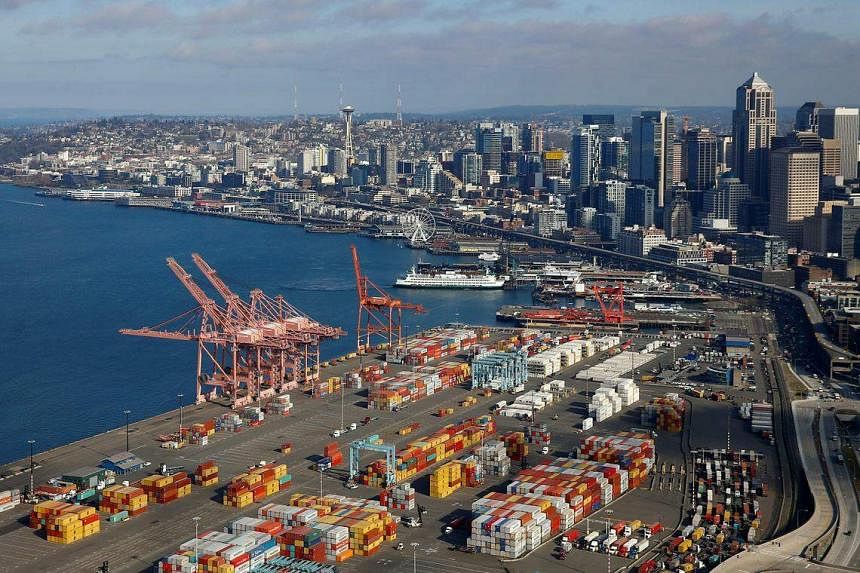In his latest tour to Europe this May, China’s Foreign Minister Qin Gang was on a mission. He had a clear aim: to prevent Europe joining the United States in its endeavour to limit China’s access to advanced technology. He called on his German counterpart to “stick to the right path, jointly oppose the new cold war, and decoupling economies or severing supply chains”.
He faces an uphill struggle. But beyond that, the world economy is confronting more than the already fraught effects of US-China decoupling. As all three major engines of the global economy – the US, China and the European Union – go about trying to balance national security with trade and investment, the world economy is at risk of fragmentation.
Already a subscriber? Log in
Read the full story and more at $9.90/month
Get exclusive reports and insights with more than 500 subscriber-only articles every month
ST One Digital
$9.90/month
No contract
ST app access on 1 mobile device
Unlock these benefits
All subscriber-only content on ST app and straitstimes.com
Easy access any time via ST app on 1 mobile device
E-paper with 2-week archive so you won't miss out on content that matters to you

